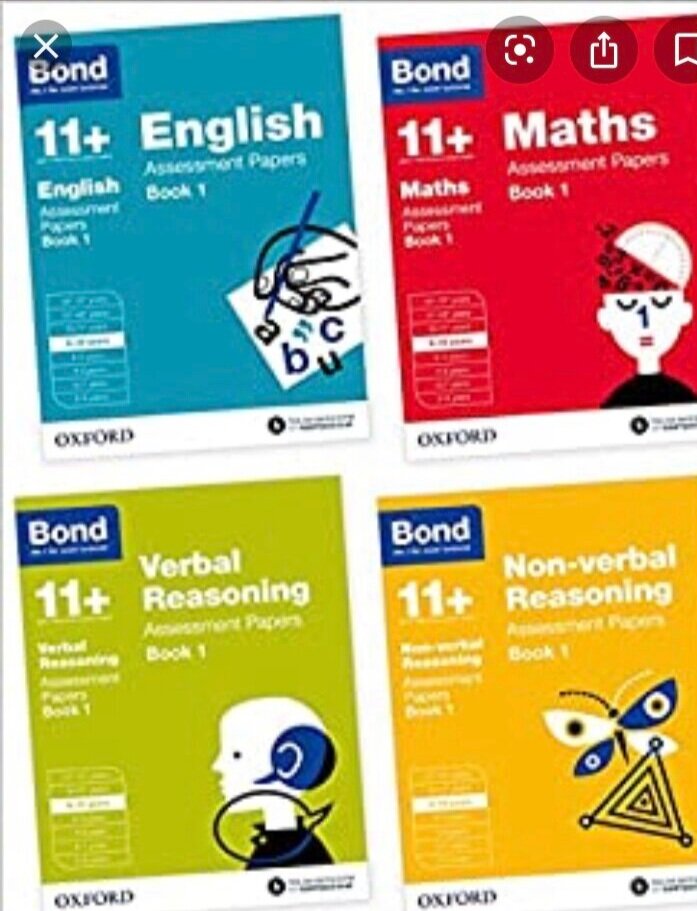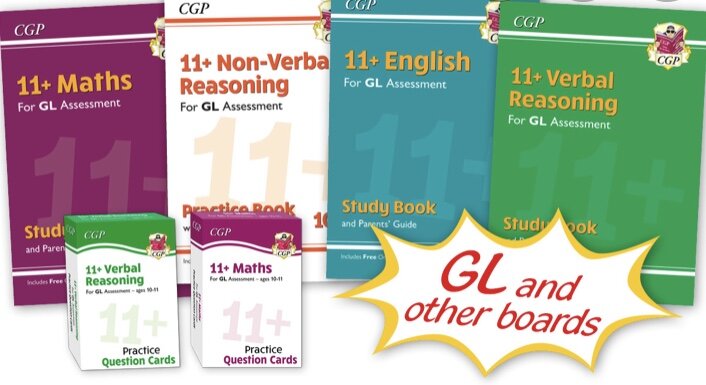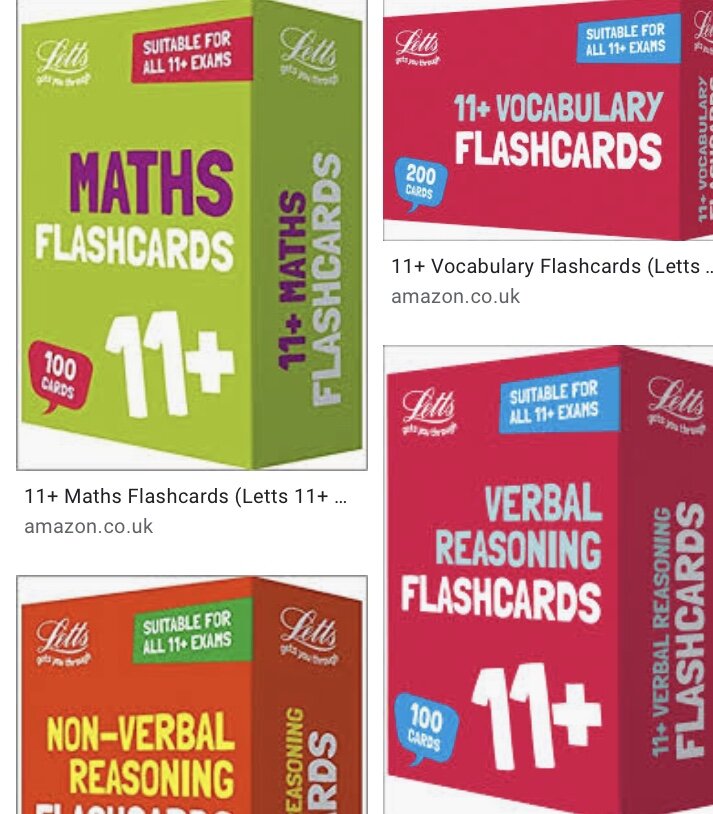The advantages and disadvantages of co-educational vs single-sex schools have been hotly contested throughout history, with persuasive arguments on both sides.
According to studies, boys and girls react differently to various learning environments depending on the situation. The question therefore begs, do we segregate children in order to educate them, or is early integration the secret to raising a successful and sociable generation?
On paper, single-sex education appears to have advantages because the outcomes are unquestionably superior. Statistics show that pupils who attend single-gender schools outperform their peers at co-ed schools at GCSE level.
One of the greatest benefits of single-gender schools is inclusivity. Nobody is excluded based on their gender from any club, activity, sport, or course. Children can experiment and attempt new things without being constrained by stereotyped gender roles in this way.
One that has been deemed to be particularly significant in parents' decision-making is the claim that exposure to people of the opposite sex can be distracting. It is believed that by eliminating this disturbance, the students' whole attention will be directed toward their academic work and extracurricular pursuits. But we are aware that this is a fallacious justification. Because eliminating the boyfriend/girlfriend dynamic from the classroom does not ensure that more time will be devoted to intellectual activities. Contrarily, there is a compelling case that excluding contact with the other sex creates an unsatisfactory and unhealthful relationship with the object of one's affection.
Single-sex institutions frequently promote a sense of family that forges ties that endure well into old age. However, students are taught how to engage with people of the opposing sex in coed institutions.
To aid in the instruction of understanding of interactions between the sexes, these institutions offer a secure and well supervised environment. However, it must be acknowledged that the notion that single-sex schools encourage sexist attitudes is out of date. In single-sex institutions, pastoral care is now recognised as an essential component of a student's development and the curriculum.
Some believe that diversity is a problem in single-sex schools because it causes confusion in pupils who later transfer to coeducational institutions.
However, if a single-sex establishment is associated with one of the opposing gender, as many grammar and public schools are currently, then this can be eliminated.
Over the past 20 years, the number of same-sex educational institutions has decreased by half, and the majority of single-sex schools now provide mixed sixth forms.
Some parents opt for single-sex schools due to their own experiences attending such institutions. Regardless of personal views on the matter, it is undeniable that both types of schools have their benefits. Ultimately, the most important question to ask yourself when making such an important decision is, what type of school is best for my child and their individual needs? Make sure you factor in the type of environment they would thrive in, the school’s values and your child’s own preferences.
If you enjoyed this article and found it useful, share it with someone who might benefit from it too.
Best wishes,
The Tutoress.






